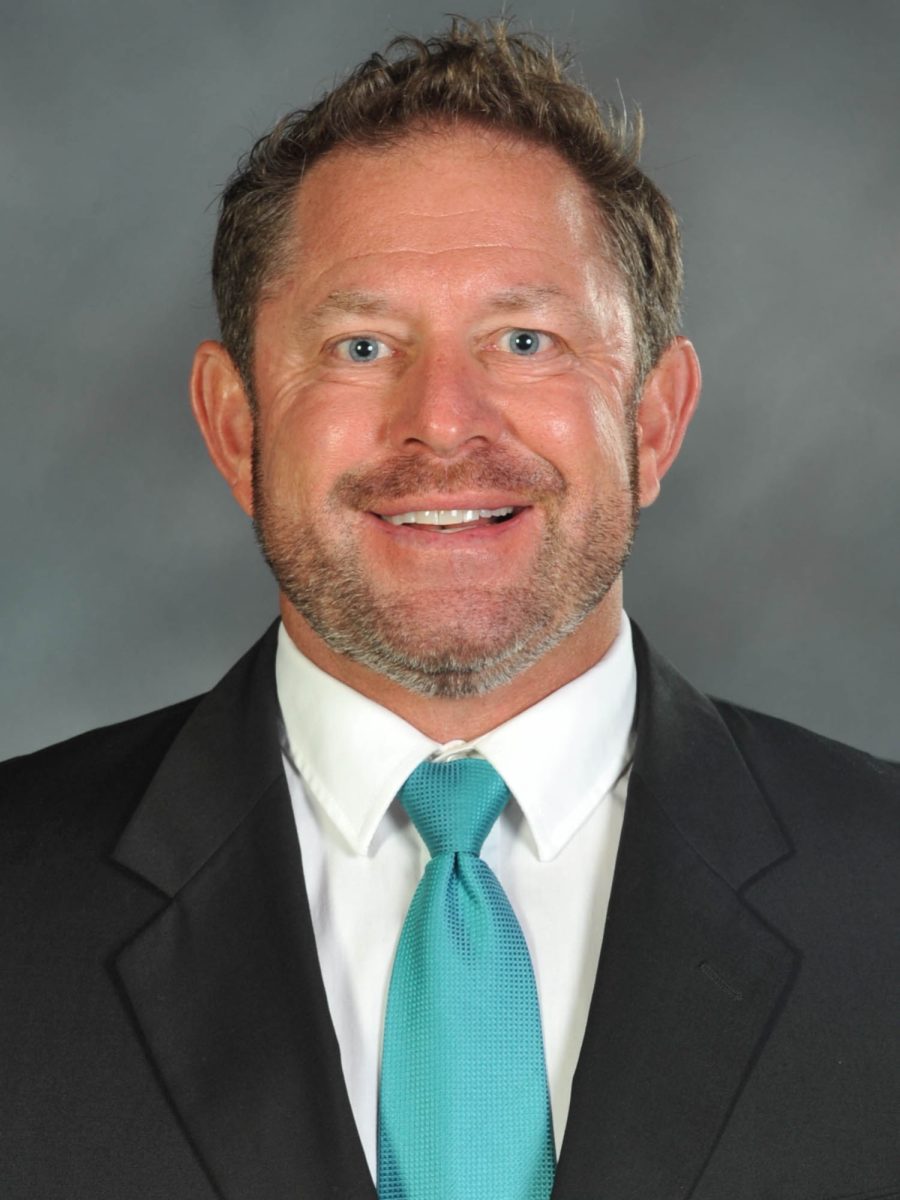The Coastal Carolina University board of trustees approved a 4% increase in out-of-state tuition, while in-state tuition remains steady per South Carolina Gov. Henry McMaster’s orders.
Out-of-state tuition was $28,490 in 2022 and currently stands at $29,628. Meanwhile, in-state tuition has remained less than double that cost, $11,640, for five consecutive years.
CCU President Michael Benson said the South Carolina legislature drives the policy and decision making, and they have ordered higher education institutions to keep in-state tuition flat.
“I think with a view toward enticing more South Carolina students to stay in South Carolina and attend South Carolina institutions,” Benson said.
He said the University has gauged the margin of how much they are able to raise the price of tuition for out-of-state students without pricing people out of choosing Coastal.
“We decided that since we couldn’t do anything with in-state, we could inch up the out-of-state slightly, and we didn’t see any, sort of, softening of demand,” he said. “Now, is that to say we’re going to do that every year? I don’t think we can. We can’t afford to do that.”
Benson said they ultimately decided to raise tuition due to the projected expenses for the year, with tuition and fees being their primary sources of revenue. 80-85% of CCU’s budget is tied to personnel, which is where the money from higher tuition costs goes.
“It’s just like students, we’ve spent quite a bit of money recruiting students to get here and we really want to retain them, and we really want to make sure they graduate,” he said. “Same thing as with employees. We spent a great deal hiring a faculty member but we want to make sure they like it here, we like them and they stay.”
The increase also allows CCU to hire more faculty members to teach courses that are popular and of high demand for students, according to Benson.
With more students attending Coastal, there comes a higher demand for faculty and staff as well as student resources.
Overall enrollment increased by 3% this year according to Benson, with the freshman class experiencing a 4.2% increase. This semester, Coastal Carolina introduced 2,776 freshmen students, the largest class the institution has seen. Students are more than just a number at Coastal, Benson said, but as CCU continues to grow, so will the staff and square footage.
Junior marine science major and CCU volleyball player Agata Lesiak said if the University continues to increase the cost of attendance for out-of-state students, these students may stop coming. She is an international student from Poland, and she said without her scholarships, she would not have been able to attend due to financial limitations.
“I chose Coastal to be able to study and play volleyball, both at a pretty high level, but without the scholarship I wouldn’t be able to come,” Lesiak said.
Benson said if they begin to see a decline in enrollment, for specifically out-of-state students, they will possibly look into keeping both in-state and out-of-state tuition flat. He said he believes having people from different states and backgrounds makes the campus diverse, and related it to his own graduate school experiences where he was an out-of-state student himself.
“I’m talking about not just racial or cultural diversity, but differences of opinion, experience, location, you know, everywhere you’ve been. The more people you have from different places, the more vibrant I believe your campus community is,” Benson said. “It’s fun because I see a lot of [out-of-state] parents and families come, and they love coming to Myrtle Beach. So the advantage of our geography, and people wanting to come here, I think is hard to overstate.”
According to the Coastal Carolina University website, out-of-state students made up 58% of the undergraduate and 26% of the graduate student populations in Fall 2023.
In-state student and junior computer science major Alan Dang said he is happy with his tuition costs, especially as a first-generation student navigating college on his own. However, he believes out-of-state is getting too expensive for most students to afford.
“I feel like going up is pushing it for like out-of-state students, especially if you don’t have parents who are going to pay for that,” Dang said. “It’s kind of too overwhelming for a student and if that’s too overwhelming, where they have to worry about financial, they cannot worry about studying.”
Matthew Pearson, computer science major who transferred from Horry Georgetown Technical College (HGTC), had similar opinions. Pearson is originally from New York, but moved to South Carolina with his family before high school. He said he looked at other in-state colleges like Clemson University and University of South Carolina, but HGTC and Coastal made the most sense financially.
“If I was out-of-state I probably wouldn’t [go to Coastal] because for me, it was mostly about cost and drivability,” he said.


















